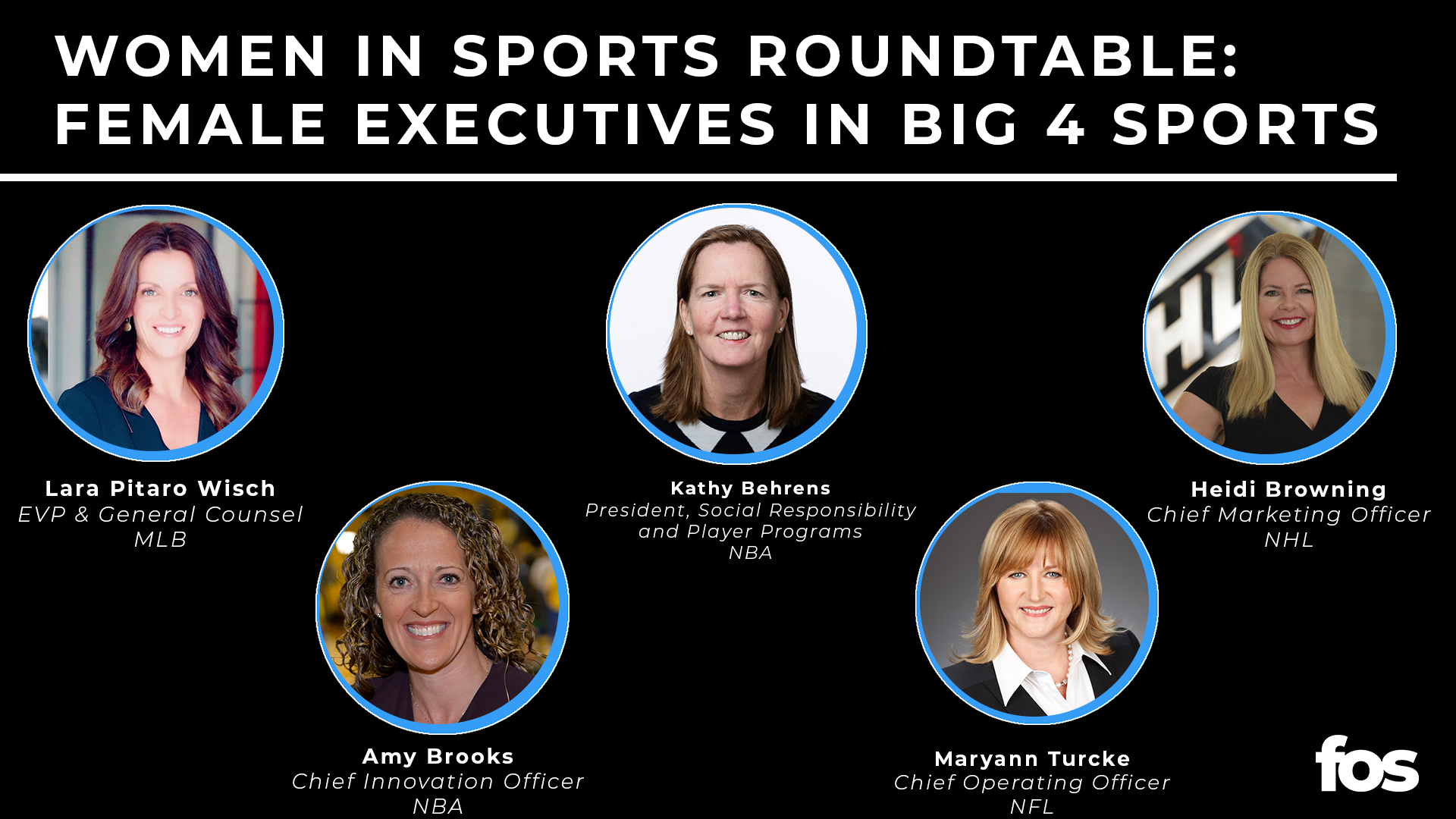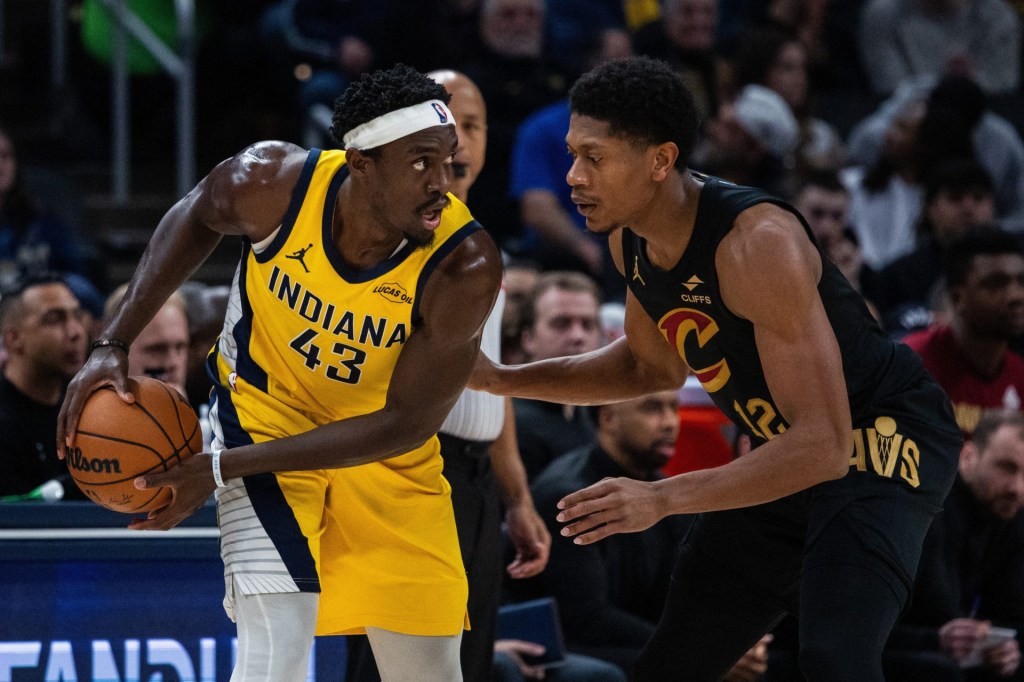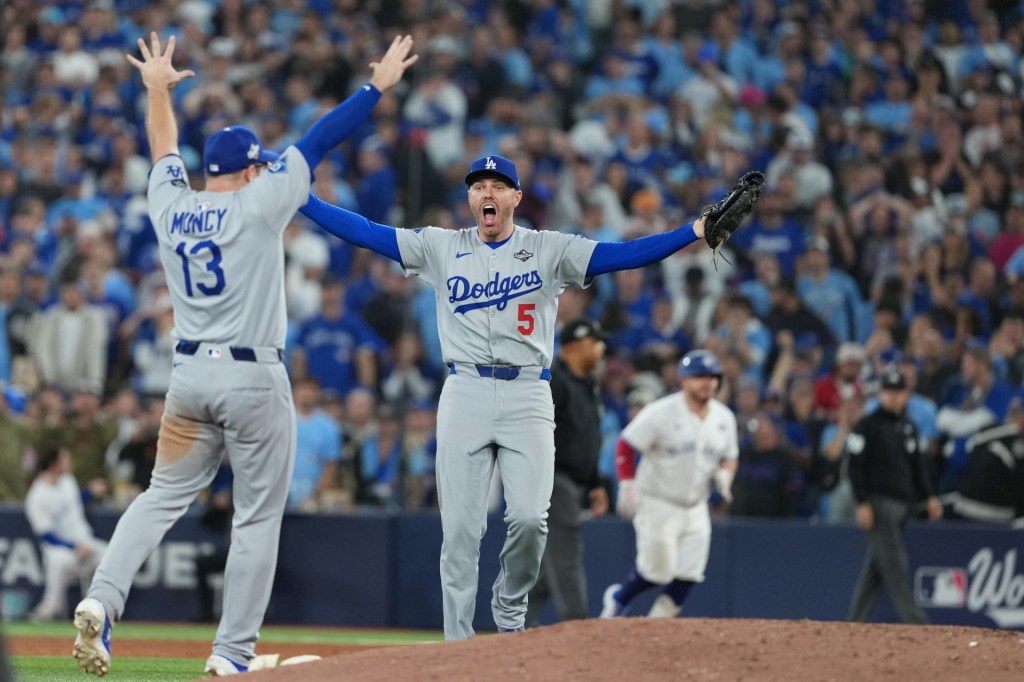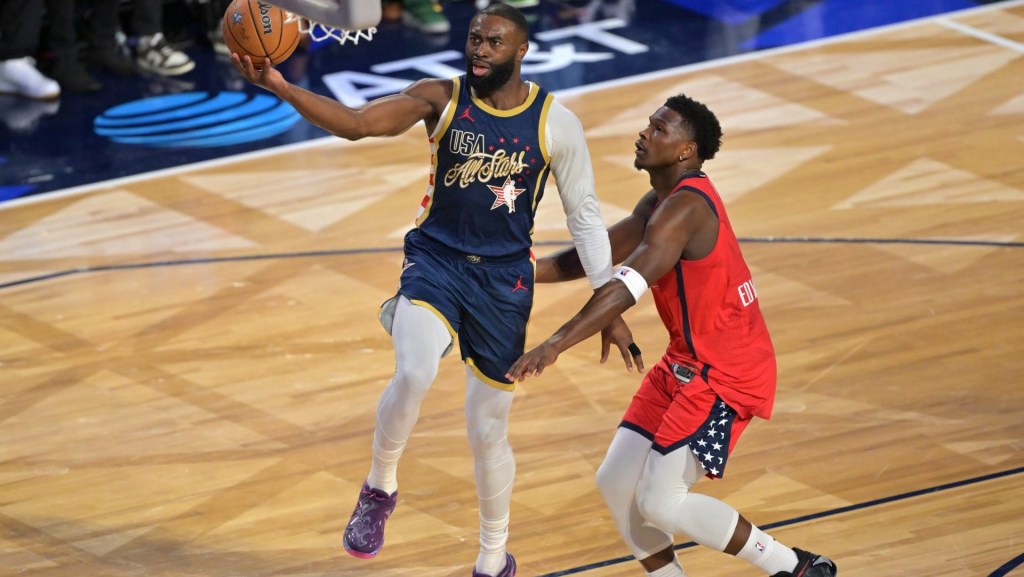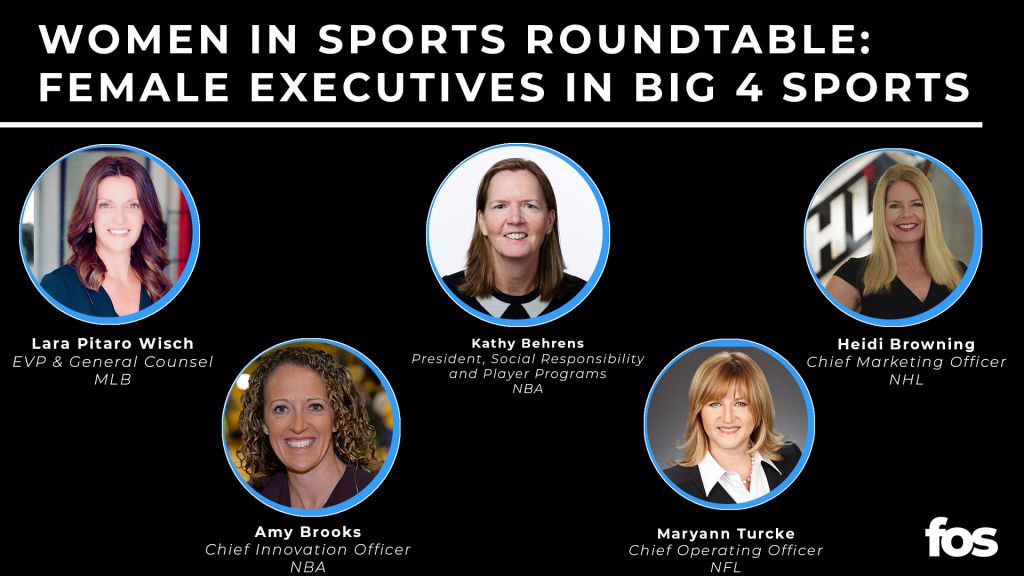
Summer 2019 was an important summer for female sports leaders. With more women each year rising through the leadership ranks in professional sports, Front Office Sports spoke with female execs from MLB, NBA, NHL, and NFL about how their employers embrace gender diversity and what the future holds for women in sports.
FOS: How has your respective league addressed gender diversity during your career?
Lara Pitaro Wisch, executive vice president & general counsel, MLB:
“I feel incredibly lucky to be in baseball – and particularly to be in baseball – at a time that it is right now under Commissioner Manfred and to be able to call [Deputy Commissioner, Baseball Administration and Chief Legal Officer] Dan Halem my boss because they’ve shown a commitment to organizational [changes] for the better. They are two people that value diversity – I’m evidence of that. They’ve given me every opportunity to succeed and I’ve always felt here particularly that I have advanced based on my merit and my work product alone. I think that’s telling and frankly makes me feel optimistic about the things ahead.”
Kathy Behrens, president, social responsibility & player programs, NBA:
“There is no question that women are now having more influence I think than ever before throughout sports because – I think the sports business has really exploded in many ways. That has created more opportunities for people, for women, for people of diverse backgrounds to have, well, again, a seat at the table. That’s good – having a seat at the table – but it’s good that their voices are being heard and they’re being listened to and therefore they’re being promoted and being seen as, frankly, more prominent and that’s great because then it inspires all other generations.”
Maryann Turcke, chief operating officer, NFL:
“Coming from an engineering background, and then working in telecommunications, I was in roles where there have not been a lot of women. After joining the NFL, I am pleased to say that I have worked with more women than I have ever worked with in my career.”
Heidi Browning, chief marketing officer, NHL:
“We have another senior leader who sits at the executive table with me – that’s [NHL Executive Vice President, Social Impact, Growth Initiatives & Legislative Affairs] Kim Davis, and she leads our social growth and impact unit here at the NHL. Together we are co-chairing a diversity and inclusion council and initiative that includes both the league and our clubs that is helping us be intentional about our strategy for attracting, retaining, and nurturing diversity in our workforce.”
FOS: How much more does your respective league have to do to move the needle and keep hiring women such as yourself to executive leadership positions?
Pitaro Wisch:
“I think we’re definitely making strides – we’re taking the right steps. I do think we still have some work to do and I think it requires conscious effort. The thing that gives me a lot of confidence is what I’ve seen so far – the state of dedication that I’ve heard from, from our management team and across the industry. People are really conscious these days that diversity in the workforce needs to be a priority – I don’t always think, to be honest with you, that it’s not a selfish goal. We talk here a lot about how diversity in the workforce produces diversity of ideas and perspectives and that translates into value for any company, particularly for baseball, which has such a wide-sweeping audience. We’re committed to it and I think we’re going to take whatever steps we need to take to make it a reality.”
Behrens:
“I think we need more women CEOs in general. More women CEOs is a good thing, would be a good thing and will be a great thing. I think we’ll see more of it. I wouldn’t limit it to just for organizations – I’d like to see more women CEOs across the board. The number of women CEOs – it’s not big enough, it should be bigger. The talent is there and hopefully, the opportunity will follow.”
Turcke:
“The NFL is committed to diversity and inclusion, and increasing opportunities for women in football, especially in executive and leadership roles. Until women in sports roles is the norm, we must always be looking for ways to build and promote opportunities to women.”
Browning:
“I think that [the recent promotions of Jessica Berman and Cathy Engelbert] are awesome because they shine a light on some really talented women who have earned their way to the top. That gives hope to all the other young women and rising leaders – not just in our industry, but across all industries. Do we have a long way to go? Yeah. I think everybody has a long way to go – it’s not just a sports issue, right? It’s an “every business” issue and I’m so proud to be part of a league that values women leaders – both established leaders and rising stars.”
On Other Topics:
Pitaro Wisch on how she became interested in sports:
“I grew up in a crazy sports house. We sort of lived and breathed sports all the time and I played competitive sports my entire childhood and young adult life. I’ve always felt that it sort of brought out the best in me. As I was navigating my way through my career, I really felt like I wanted to be back in sports one day. Frankly, I think if you had asked me as a teen what my dream job would be, I might very well have it – assuming I’d already come to terms with the fact that I wasn’t going to play shortstop for the Yankees.”
Behrens on getting her start in sports:
“When I left college, I was very much focused on working in the nonprofit sector and then politics and government – and I did that for a long time. Then I had the opportunity – almost 20 years ago – to work with the NBA on a project and had the chance to meet [then-Commissioner] David Stern and Adam Silver, who was then the president of NBA Entertainment. That’s when it first sort of dawned on me about a career opportunity. It was a combination of, I loved the game, but I also loved what the NBA was doing in terms of its community work and the opportunity to combine two of those passions for me. That’s what I started at the NBA, as the vice president for community relations back in 2000 – it was a no brainer and I haven’t looked back since.”
NBA Chief Innovation Officer Amy Brooks on joining the NBA in 2005:
“I certainly noticed that there weren’t as many women around as certainly I would have liked. I came from a background of commonly being the only woman in certain situations [and] playing basketball with boys growing up mainly. At the same time, I recognized immediately that diversity and inclusion are what the NBA stands for. It is represented on the court and we’ve really focused on that throughout my career here. That’s been a great thing both for myself personally and just the growth of diversity [and] inclusion in the league and in sports in general.”
Turcke on the impact of women such as WNBA Commissioner Cathy Engelbert and NLL Deputy Commissioner Jessica Berman:
“Their appointments are incredibly important in moving the needle. Many sports leagues like the NFL have put forth efforts to have more women in executive roles. The more ordinary it becomes for women holding sports leadership positions, the easier it will become for the young women following in our paths.”
Browning on being a key figure in NHL’s gender diversity movement:
“I take the fact that I am one of the few women leaders across the league as a serious responsibility and I am committed to helping young women, whether they work in sports or they’re in college or their daughters have colleagues and friends. I am committed to helping them think through their paths and their positioning of who they are and where they want to go and give them as much advice on their journey as possible.”
Some questions and responses have been revised for clarity purposes.
